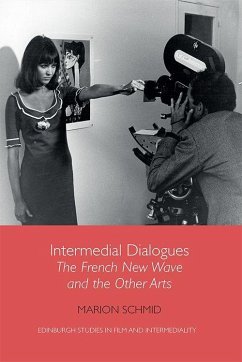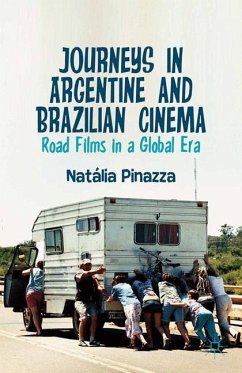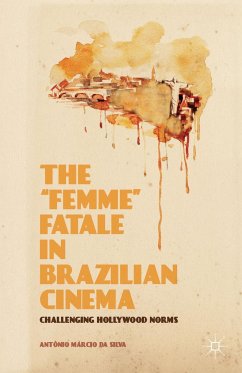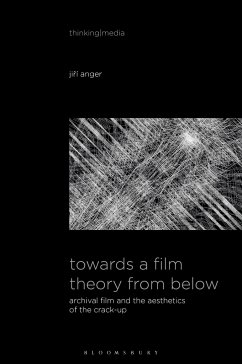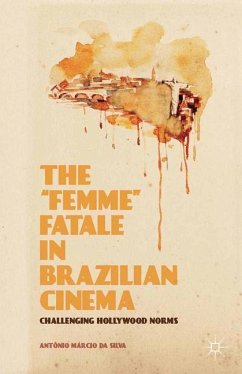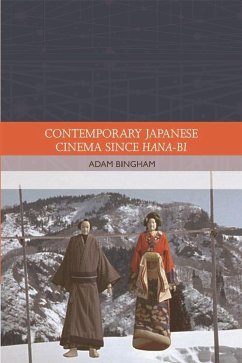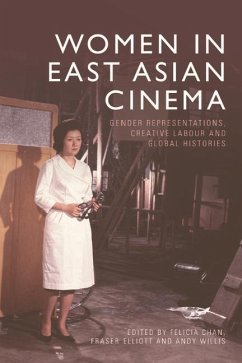
Towards an Intermedial History of Brazilian Cinema
Versandkostenfrei!
Versandfertig in über 4 Wochen
92,99 €
inkl. MwSt.
Weitere Ausgaben:

PAYBACK Punkte
46 °P sammeln!
From its inception, Brazilian cinema has combined extra-filmic artistic and cultural forms, both local and imported, resulting in an original aesthetic blend. Theatre, dance, music, circus, radio, television and the plastic arts left a distinctive mark on Brazilian cinema's poetics and politics, as can be observed in a host of fascinating phenomena analysed in this book, including: the film prologues that connected the screen to the stage in the 1920s; the chanchada musical comedies, inflected by vaudeville theatre and the radio; the manguebeat and árido movie movements that blurred the bound...
From its inception, Brazilian cinema has combined extra-filmic artistic and cultural forms, both local and imported, resulting in an original aesthetic blend. Theatre, dance, music, circus, radio, television and the plastic arts left a distinctive mark on Brazilian cinema's poetics and politics, as can be observed in a host of fascinating phenomena analysed in this book, including: the film prologues that connected the screen to the stage in the 1920s; the chanchada musical comedies, inflected by vaudeville theatre and the radio; the manguebeat and árido movie movements that blurred the boundaries between music and film; and contemporary multimedia installations and other experiments. By adopting intermediality as a historiographic method, this book reconstructs the history and cultural wealth behind filmic expressions in Brazilian cinema.




